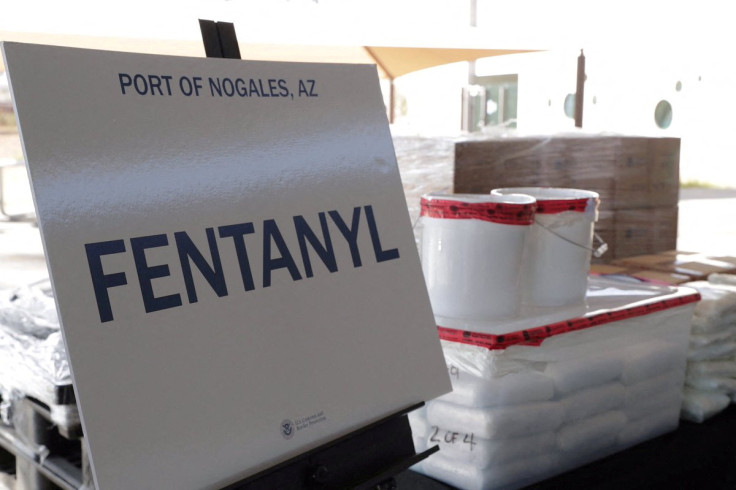
The U.S. and China reached an agreement in November to renew the cooperation between the countries' anti-drug agencies for the first time in nearly three years, a decision largely aimed at curbing Chinese organization's role in fentanyl reaching the United States.
However, seven months later, a report by The Washington Post shows that the trade in fentanyl precursors has largely resumed.
Three sources, including two salespeople for Chinese chemical firms and a reseller based in Mexico, described to the outlet how they have only conducted minor adjustments to evade scrutiny, altering customs labels and using alternative compounds among them.
Despite these resumed operations, U.S. officials continue to emphasize the significant challenges of curbing the supply of fentanyl from China. The resilience of transnational criminal organizations, which adapt to law enforcement efforts, complicates the crackdown. While targeted enforcement has led to a reduction in seizures of precursor chemicals, finished fentanyl seizures remain high, suggesting the existence of alternate routes for these chemicals.
China remains the leading global producer of chemicals used to synthesize fentanyl, with much of the U.S. supply originating from Mexican labs that source Chinese chemicals. Since November, U.S. and Chinese officials have held multiple meetings to discuss regulating new precursors and improving customs oversight. However, tackling the extensive network of small Chinese labs producing fentanyl precursors presents a formidable challenge.
The situation is further complicated by China's lack of a domestic fentanyl epidemic, reducing its incentive to address the issue. Although there have been some enforcement actions, including a recent indictment of 24 individuals involved in money laundering linked to the Sinaloa cartel and a related arrest in China, comprehensive prosecution of Chinese chemical producers remains rare.
Experts argue that sustained enforcement and prosecution are crucial to disrupting this trade. Despite some regulatory efforts, many Chinese companies continue to operate with little oversight. The U.S. has imposed sanctions and indictments, but these measures have limited impact without corresponding Chinese enforcement.
Chinese platforms have shown some compliance, removing advertisements for precursor chemicals, yet sellers remain adept at finding new ways to market their products online. Advertisements for fentanyl precursors continue to appear on various platforms, with sellers offering to evade customs and requesting payment in cryptocurrencies.
The ongoing efforts to curb the fentanyl trade will depend on maintaining cooperation between the U.S. and China, amidst broader geopolitical tensions. While there have been some successes, the issue remains a complex challenge requiring sustained bilateral engagement and enforcement, the outlet concluded.
© 2025 Latin Times. All rights reserved. Do not reproduce without permission.





